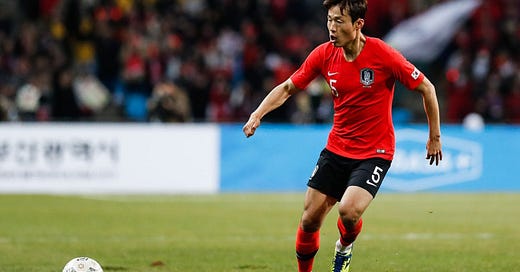How China’s Sweeping Match-Fixing Crackdown Became a Blueprint—and a Warning—for World Football
China's match-fixing investigation has been praised for its scale. But sweeping crackdowns without systemic reform can never deliver lasting change.
On November 9, 2002, China’s northeastern city of Dalian hosted a workshop for football coaches. It was a prestigious affair at the national level. Some of those in attendance were a who’s who of Chinese football. Fan Zhiyi was the first Chinese footballer to play in the Premier League. Yang Chen, the first from that country to play and score in the Bundesliga. Li Tie, the former Everton player who had resigned as China’s national coach a year earlier.
But when the men in black suits swooped on the venue, they were only interested in one man - Li Tie.
Heads soon began to roll. Dozens of players, coaches, and officials were arrested and jailed, including Li Tie. But despite the impressive scope, did Chinese authorities tackle only the symptom rather than the cause?
China’s blitz has punished the faces of this match-fixing blitz, but has stopped short truly dismantling the systems behind the corruption.
The Sports and Crime Briefing gives you the lowdown on why this match-fixing scandal was so sweeping,
Keep reading with a 7-day free trial
Subscribe to Sports and Crime Briefing to keep reading this post and get 7 days of free access to the full post archives.



